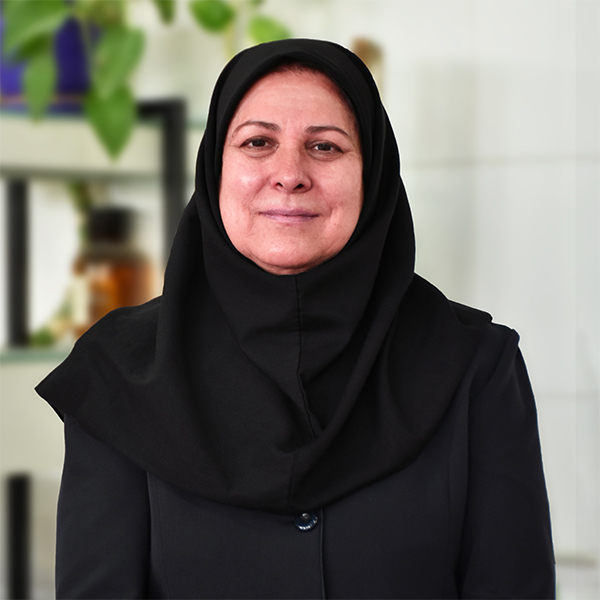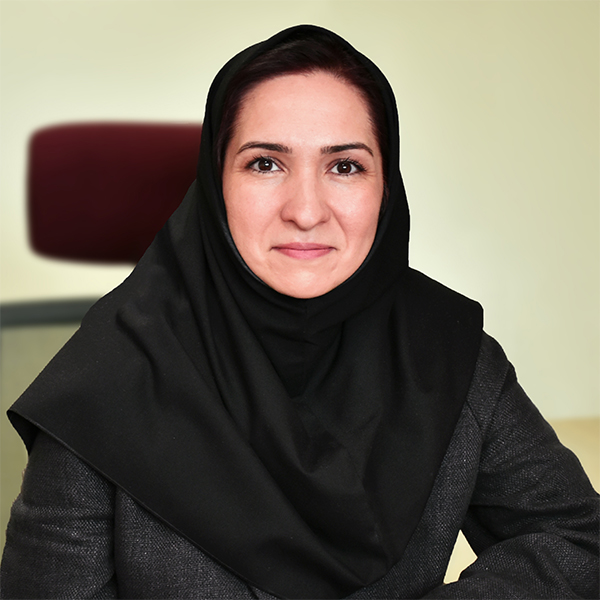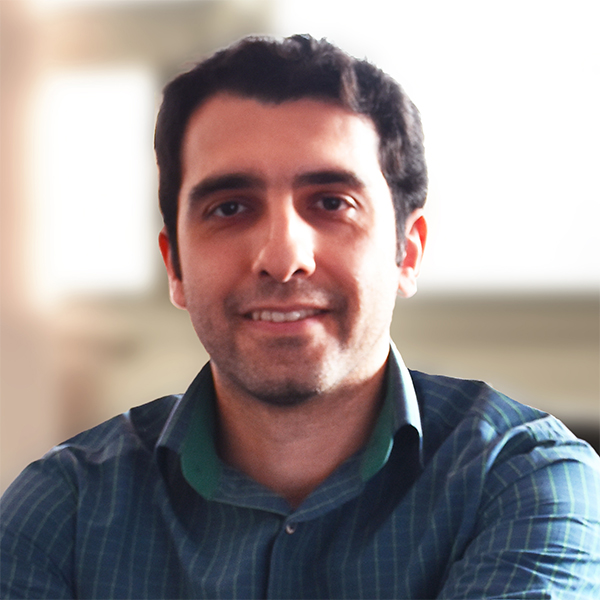شیمی فیزیک
شیمی فیزیک در حد واسط دوعلم گستردهی شیمی و فیزیک جای دارد و با اصولی از شیمی سروکار دارد که عمدتا متشکل از مکانیک کوانتومی برای توضیح دادن ساختارهای اتمها و مولکول، و ترمودینامیک برای ارزیابی نقش و اعمال انرژی است. همچنین دلمشغول سرعت رخدادن واکنشهاست، هم در سطح ماکروسکوپی و هم در سطح میکروسکوپی. فعالیت عمدهای از شیمیفیزیک عبارت است از سهم آن در تفسیر فنون بررسیکننده، به ویژه «طیفبینی». طیفبینی از انواع مختلف نور برای رساندن اطلاعات از درون مولکول به چشمان، هرچه بیشتر مصنوعی، مشاهدهگر استفاده میکند. پیچیدگی این فنون آن چنان زیاد است که شیمیفیزیکدانان باید با سازوبرگ کامل خود، بهویژه مکانیک کوانتوم، پای به این میدان بگذارند تا از پس تفسیرکردن دادهها برآیند. در واقع در این قلمرو، کارهای شیمیدانان و فیزیکدانان چنان در هم تنیده و مبهم است که اغلب برای کسانی که با رهیافتی بسیار نزدیک به شیوهی فیزیکدانان به مطالعهی رفتار تک مولکولها میپردازند، نام شیمیفیزیک به فیزیکشیمی دگردیسی پیدا میکند.

دکتر شهربانو رحمان ستایش
دانشیار
- تحقیقات نظری و تجربی بر نانوکاتالیست های جامد اسید و باز در واکنش های آلی و ارائه مکانیزم های جدید
- QSPR و RSM
- تحقیقات نظری و تجربی جذب سطحی آلاینده بر روی جاذب
- فرآیند پیشرفته اکسایش (فوتوکاتالیست، فنتون، الکترو فنتون، فوتوالکترو فنتون)
- آبکافت

دکتر افشین شفیعی
دانشیار
- فلسفه فیزیک و اطلاعات
- بنیانگذاری کوانتوم و بیولوژی کوانتومی
- ترمودینامیک کوانتوم و سیستم های باز کوانتومی
- سیستم های ماکروسکوپی کوانتومی، درهم تنیدگی و لامکانی
Research Group on Foundations of Quantum Theory and Information at Sharif University of Technology (SUT) works on conceptual foundations of physics and chemistry including quantum physics, statistical physics and thermodynamics.
In quantum physics, the main research topics are quantum interference and Bell's theorem, interpretation of quantum mechanics and manipulating new theoretical models to explain the mysteries of quantum world. Some other topics such as the measurement problem, macroscopic quantum coherence, quantum decoherence, quantum thermodynamics, quantum Information and Bohmian Mechanics are included.
In statistical physics, quantum information and thermodynamics, the research group focuses on some key concepts like arrow of time, (ir)reversibility of chemical phenomena, the origin of first and second law of thermodynamics and its relation with quantum processes and also on the relationship between entropy and information.
We also work on quantum aspects of life as well as the origin of chirality from different point of views including quantum and chemical kinetic approaches and the role of information in biological cells.

دکتر زهرا جمشیدی
دانشیار
- طیفبینی محاسباتی
- تشدید رزونانس سطحی طیفبینی رامان
- خوشههای فلزی
- پلاسمونیک کوانتومی
- برهم کنش های مولکولی سبک

دکتر داوود طاهرینیا
استادیار
- الکتروکاتالیز
- خواص تک لایههای خود ترمیم کننده حامل بار
- اسکن پروپ میکروسکوپ (SPM)
